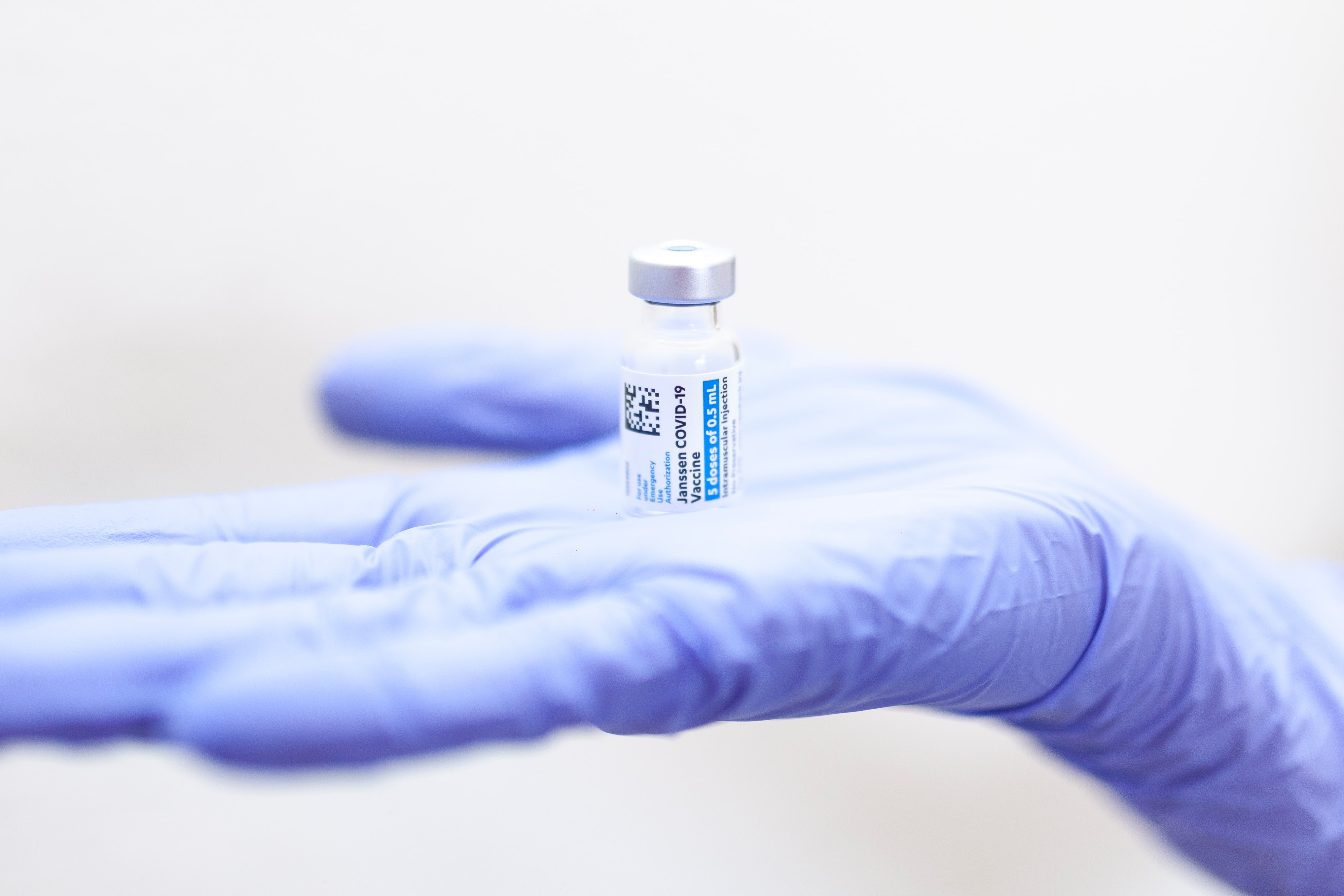News release
From:
JAMA
The findings of this study, which included 8,889 patients who received a single dose of the Ad26.COV2.S (Johnson & Johnson) COVID-19 vaccine and 88,898 unvaccinated patients, are consistent with the clinical trial–reported efficacy of Ad26.COV2.S, suggesting that the vaccine is effective at reducing SARS-CoV-2 infection, even with the spread of variants such as Alpha or Delta that were not present in the original studies, and reaffirm the urgent need to continue mass vaccination efforts globally.
Journal/
conference:
JAMA Network Open
Organisation/s:
nference, USA
Funder:
Dr Corchado-Garcia reported receiving personal fees from and holding stock in
nference Inc outside the submitted work. Dr Zemmour reported receiving personal fees from nference Inc outside
the submitted work. Dr Hughes reported receiving personal fees from nference Inc during the conduct of the
study; and personal fees from nference Inc outside the submitted work. Mr Lenehan reported receiving other fees
from Janssen (nference collaborates with Janssen on data science projects unrelated to this manuscript, and this
relationship did not impact the study design or interpretation of its results) outside the submitted work. Dr
Pawlowski reported receiving personal fees from nference Inc outside the submitted work. Dr O’Horo reported
receiving personal fees from Elsevier and Bates College; and grants from nference Inc, outside the submittedwork.
Dr Badley reported being a consultant for AbbVie and Gilead; serving on scientific advisory boards for Freedom
Tunnel, Pinetree Therapeutics, Primmune, Immunome, Flambeau Diagnostics, nference, and Zentalis; serving on
data safety and monitoring boards for Corvus, Equillium, and Excision Biotherapeutics; and being founder and
president of Splissen Therapeutics. Dr Virk reported being an inventor forMayo Clinic Travel App interaction with
Smart Medical Kit and Medical Kit for Pilgrims. Dr Swift reported receiving grants from Pfizer during the conduct of
the study. DrWagner reported receiving personal fees from and holding stock in nference Inc outside the
submitted work. Dr Soundararajan reported other from Janssen (nference collaborates with Janssen and other
biopharmaceutical companies on data science initiatives unrelated to this study, and these collaborations had no
role in study design, data collection and analysis, decision to publish, or preparation of the manuscript outside the
submitted work. TheMayo Clinic may stand to gain financially from the successful outcome of this research. This
research has been reviewed by the Mayo Clinic Conflict of Interest Review Board and was in compliance with Mayo
Clinic Conflict of Interest policies. No other disclosures were reported.



 International
International



